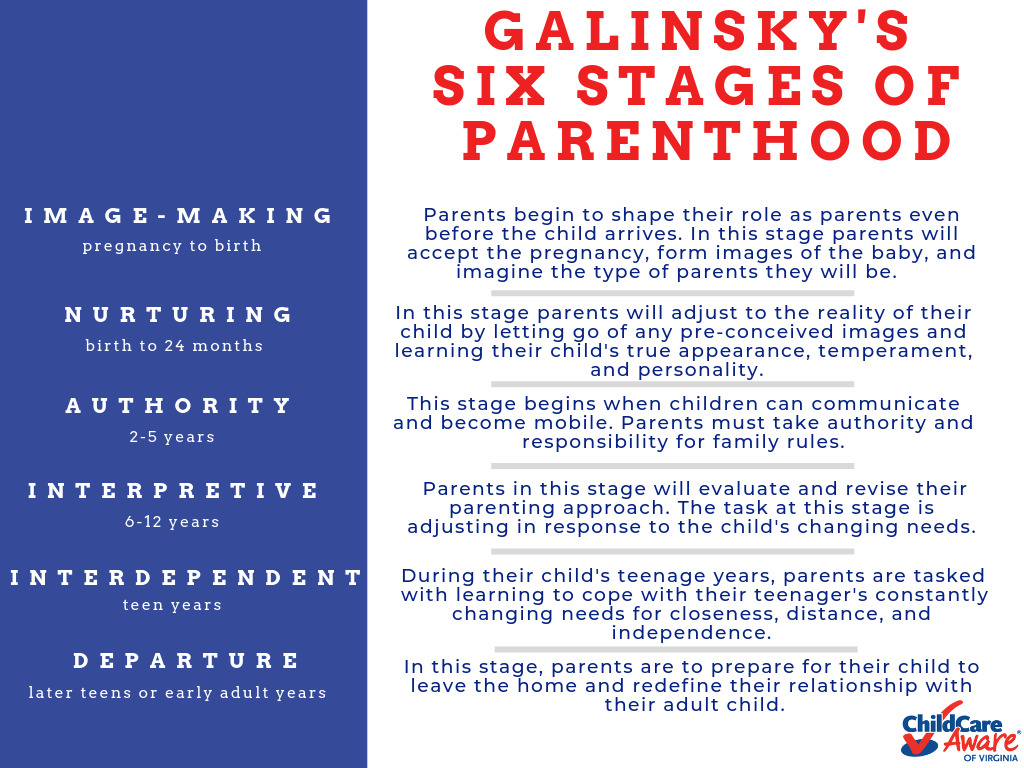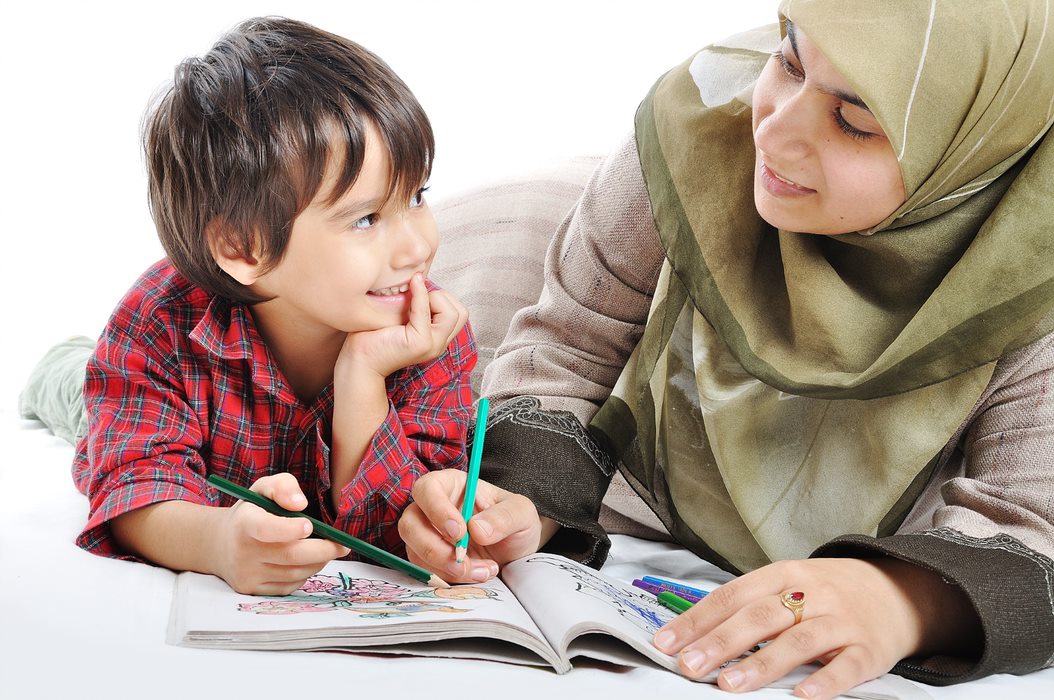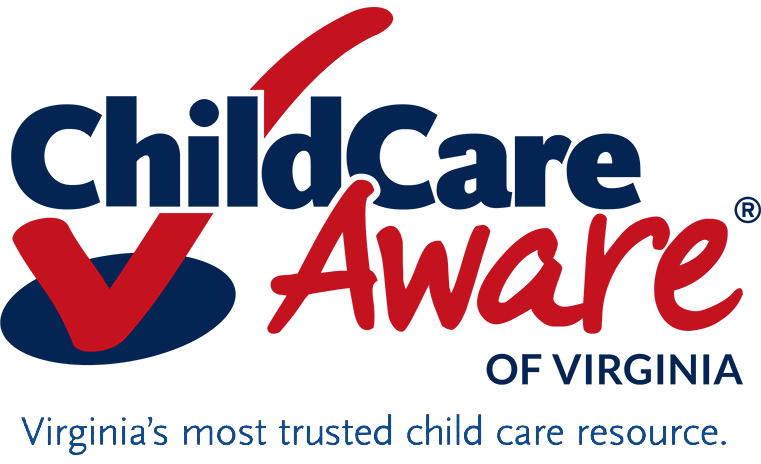 During the course of this blog series, we’ve learned a lot about healthy social-emotional development and its long-term benefits. We’ve talked about milestones and staying alert to our children as they grow and develop. We also discussed knowing when to ask for help and further guidance. Today, we’re going to learn about the influence parents can have as their children are strengthening their social emotional skills.
During the course of this blog series, we’ve learned a lot about healthy social-emotional development and its long-term benefits. We’ve talked about milestones and staying alert to our children as they grow and develop. We also discussed knowing when to ask for help and further guidance. Today, we’re going to learn about the influence parents can have as their children are strengthening their social emotional skills.
Stages of Parenthood
We often read about the importance of understanding child development, but we often don’t think about parent development. Just as there are stages of child development, there are stages of parent development. How parents respond to developmental challenges of child-rearing will largely shape their relationships with their children. Parenthood develops as your children grow and is shaped by the interactions with your children in each stage.
Ellen Galinsky’s Six Stages of Parenthood is one theory of parent development. This theory outlines 6 stages that parents go through during the span of their child’s life beginning in pregnancy and ending when the child leaves the home. According to Galinsky, parents’ growth is influenced by the child’s development. In a sense, the child’s development shapes the parents’ development, moving the parents from stage to stage as they accomplish their developmental skills.

From the chart below, consider what stage of parenthood you are in. What are some important things to consider when interacting with your children in each stage?

So What Does This Mean?
At times our expectations of our children don’t match the characteristics and milestones of their development. The changes we observe in our children can challenge our ability to provide them with a positive, safe, supportive relationship. Being aware of our child’s typical development milestones and how they influence our own parent development can help us to better understand and respond to challenges we face with our children.
For example, during the Image-Making stage you began to imagine what being a parent would be like. As you enter the Nurturing stage, you will be faced with the reality of parenthood and everything it entails. Your child will be totally dependent on you, which may be a brand new experience. In this stage you’ll be tasked with replacing the images of what you thought parenthood and your child would be like with reality.
As your child is beginning to challenge your authority, testing limits, demanding attention, and exerting independence, you will find yourself in the Authority stage of development. By knowing your own stage of development, you can understand that your largest task in this stage is to establish and become confident in your own authority. This will help your child understand and come to respect that authority, too.
What Now?
 Learning how to function and exist in the world is a lot of work for children, but parents have plenty of learning to do themselves. By understanding where parent development fits into child development, parents can work alongside their little ones to make sure that they are meeting their child’s need for a positive, caring, supportive parent.
Learning how to function and exist in the world is a lot of work for children, but parents have plenty of learning to do themselves. By understanding where parent development fits into child development, parents can work alongside their little ones to make sure that they are meeting their child’s need for a positive, caring, supportive parent.
As we can see, adjusting our parenting approach is essential to healthy social-emotional development in children. Here are a few considerations that may help you to find the right balance between discipline, independence, and nurture as your child changes and develops (Melbourne Child Psychology).
- Do you do things for your child that they could do by themselves, if given the chance, with instruction and the opportunity to practice? Is it because they approach you for help or because it’s easier for you to do it for them so it’s done a certain way?
- Do you solve problems for your child? Or do they have the opportunity to work through problems first?
- Is your parenting style centered on preventing your child from making mistakes? If so, can you think of ways to encourage them to grow while still watching for their safety?
- What is your child’s personality? Are they secretive? Are they a rule follower or do they tend to break the rules? Do they negotiate with you? Think about what their behavior is telling you and respond accordingly.
Let’s Not Forget To Mention…Being committed to the healthy social-emotional development of your child means also being committed to supporting yourself. Stress can influence your ability to promote and support your child’s development, so it’s important to also be aware of the stressors in your life and to take care of yourself when you need to. Remember, a healthy child starts with a healthy you.
Additional Resource:

